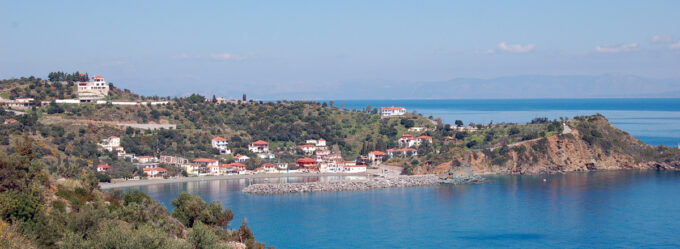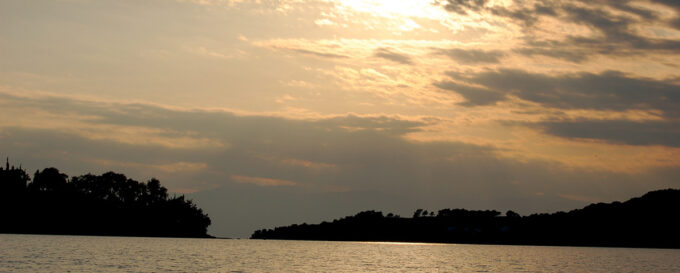Kyparíssi
Kyparíssi is a small and very authentic village, about1.5 km from the sea. To date, few small Dorian settlements have been found in the larger area, from the 5th and the 6th century BC. In addition, ruins of a small, fortified castle has been found on Kastráki hill, dating from the 4th century BC. Visit…











